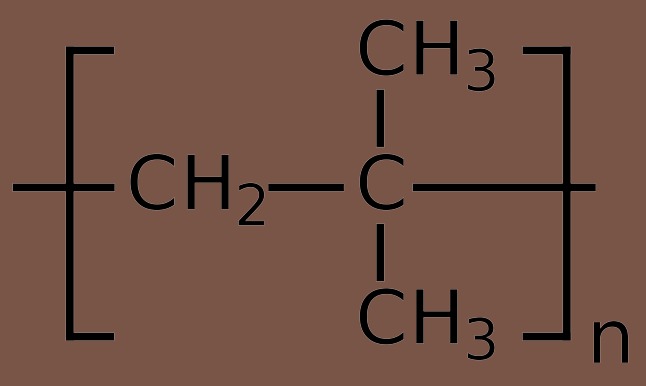Welcome To ChemAnalyst

Polyisobutylene prices have been rising globally as upstream Naphtha prices continue to soar, backed by the rise in the prices of feedstock Isobutylene. The current crisis between Russia -Ukraine has resulted in substantial changes in the market trends, including an increase in freight charges. Apart from the war, the COVID outbreak in South Korea has pushed up the prices of Polyisobutylene, with increasing demand from the regional market causing the price to rise steeply. These crises are having a vast influence on the global economy.
The ongoing crisis between Russia and Ukraine has affected the upstream Crude oil and Naphtha prices, impacting the current market dynamics, which has resulted in the increased cost of Polyisobutylene in the global market. Demand from the tire industry could drive fragile supply chains and increase the raw material and crude oil prices, resulting in a significant outcome for the entire supply chain.
Moreover, as one of the top importers of Polyisobutylene, China has forced harsh restrictions in major cities due to the resurgence of Covid cases. The price of Polyisobutylene has risen due to a supply shortage in the domestic market. The price of Polyisobutylene FOB Busan was assessed at around USD 1660 Per tonne with a month-on-month inclination of 1.1% in South Korea, a significant exporter in the global market. Polyisobutylene or Butyl Rubber is used in the production of Fuel additives, chewing gum, adhesives, and tubeless tires.
As per ChemAnalyst, “Polyisobutylene prices is forecasted to increase in the forthcoming weeks as the downstream demand for Butyl Rubber in tire industries is not likely to settle shortly. In the meantime, Upstream crude oil prices will pressure Naphtha prices in the global market. Rising freight charges on key routes have further added to the supply chain concern. Thus, the prices of Polyisobutylene are likely to increase in the upcoming weeks.”
We use cookies to deliver the best possible experience on our website. To learn more, visit our Privacy Policy. By continuing to use this site or by closing this box, you consent to our use of cookies. More info.
